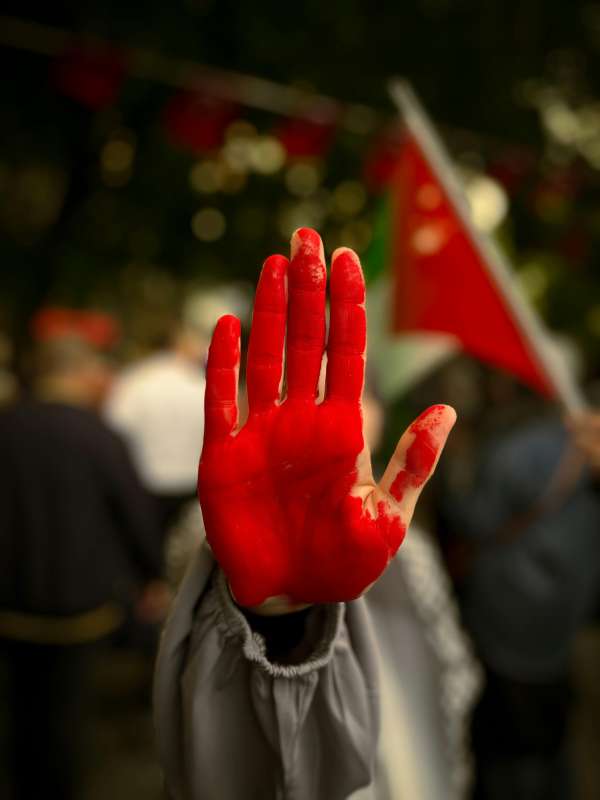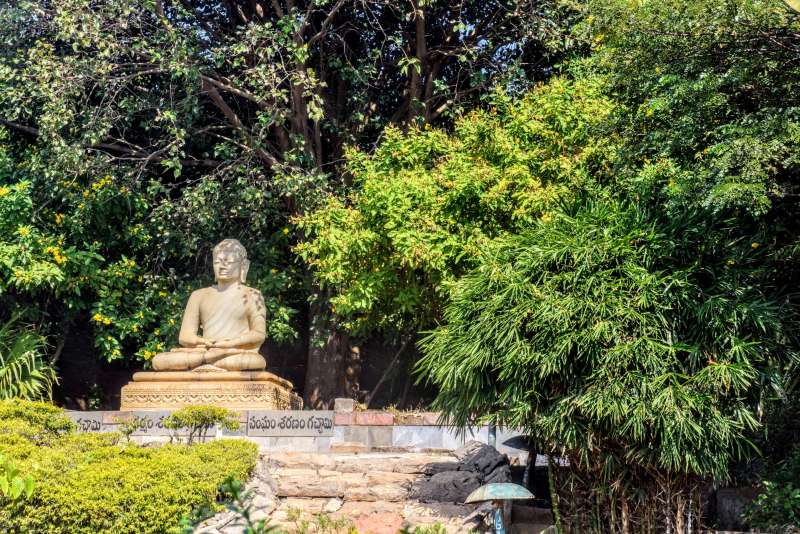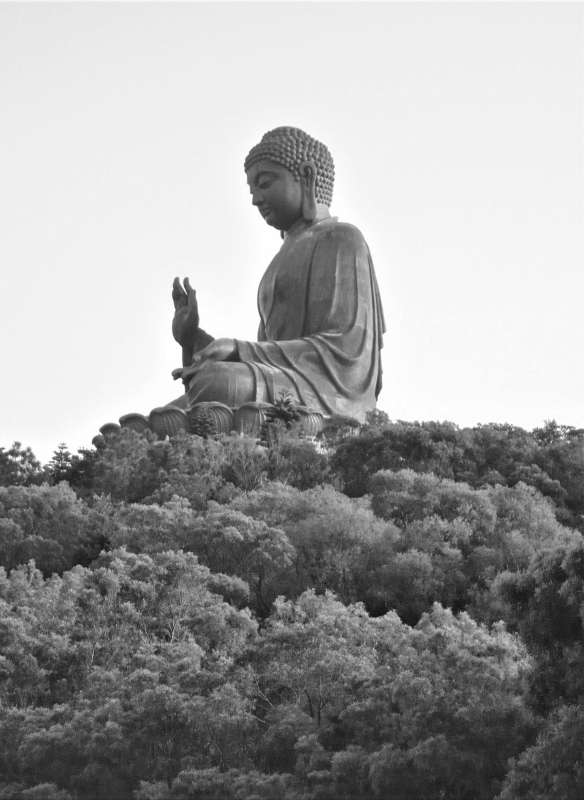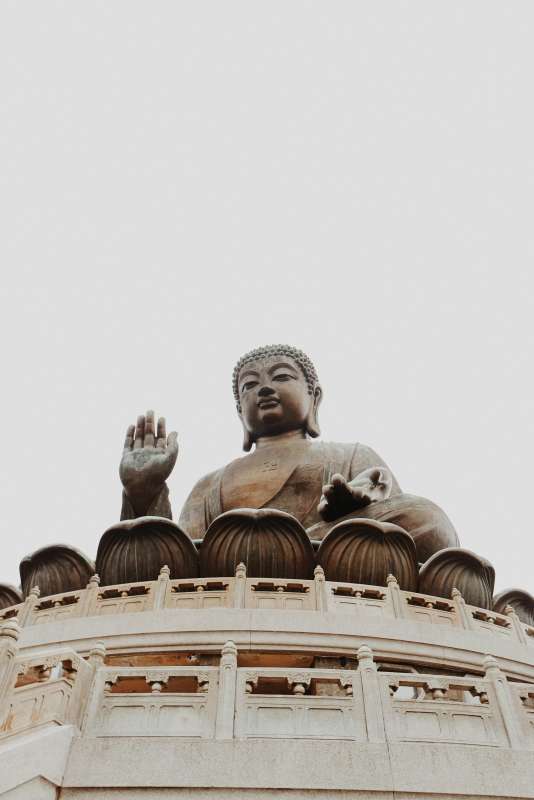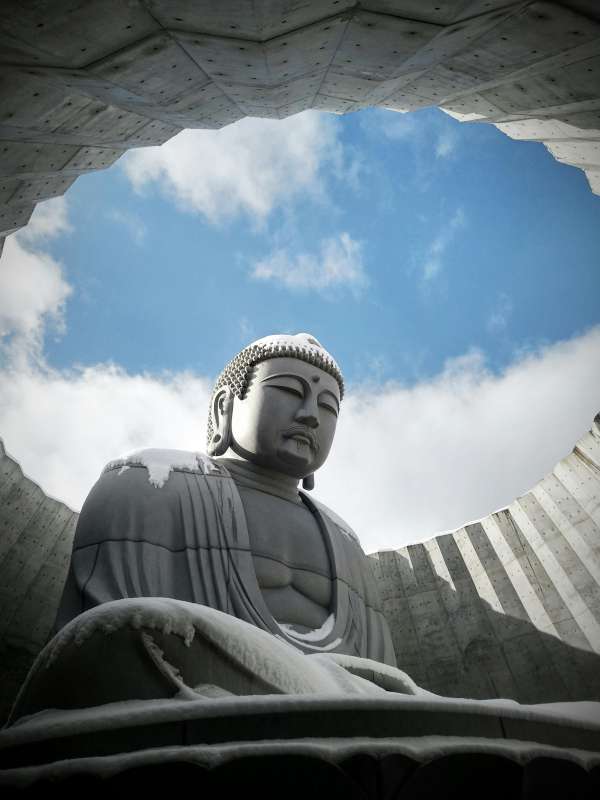400,000 Palestinians Displaced: Israel Renews Offensive in Southern Gaza
Published on: May 2, 2025
400,000 Palestinians Displaced: Israel Renews Offensive in Southern Gaza
In the shadow of relentless artillery fire and airstrikes, a staggering humanitarian crisis is unfolding in southern Gaza. Over 400,000 Palestinians have been forced from their homes in a matter of weeks, driven by a renewed Israeli military offensive that has left entire neighborhoods in ruins. The exodus is not just a statistic; it is a living nightmare for families, children, and the elderly, trapped in a cycle of fear, loss, and uncertainty. The United Nations Relief and Works Agency (UNRWA) has sounded the alarm, confirming the scale of displacement and the dire conditions facing those who have fled.
Southern Gaza, once seen as a relative haven compared to the north, has become the epicenter of devastation. The Israeli military, citing the need to eliminate remaining Hamas resistance, has unleashed a campaign of bombardment and ground incursions. The stated objective is to root out militants allegedly embedded within civilian areas, but the reality on the ground tells a story of widespread suffering among the civilian population. Reports from international observers, journalists, and aid organizations paint a harrowing picture of desperation and chaos.
The Scale of Displacement: A Human Tide
According to UNRWA officials, more than 400,000 people have been uprooted since the offensive began. This figure is not just a number—it represents entire communities emptied almost overnight. Families have left behind homes, livelihoods, and possessions, carrying only what they could manage in the rush to escape the violence. The majority have moved towards the coastal areas of Gaza or sought refuge in makeshift tent camps near Rafah, a city on the border with Egypt.
The scenes at these camps are nothing short of apocalyptic. Children wade through mud and debris, mothers clutch infants to their chests, and the elderly sit in stunned silence, having lost everything. Aid workers describe the camps as overcrowded, unsanitary, and lacking even the most basic necessities. The sudden influx of hundreds of thousands of people has overwhelmed any semblance of infrastructure, and the specter of disease looms large in the absence of clean water and sanitation facilities.
Eyewitness accounts reveal families huddled together under tarpaulins, exposed to the elements and with little hope of returning home. Many have experienced displacement multiple times, moving from one danger zone to another as the frontlines shift. The psychological toll is immense, with children exhibiting signs of trauma and parents struggling to provide reassurance in the face of relentless uncertainty.
Living Conditions: The Edge of Survival
The humanitarian conditions in the displacement zones are nothing short of catastrophic. Access to potable water is nearly non-existent, forcing families to rely on contaminated sources that carry the risk of disease. Electricity is a distant memory for most, with power lines destroyed and fuel supplies cut off. Makeshift latrines are overflowing, and the stench of human waste hangs heavy in the air.
Medical care is a luxury few can access. Hospitals and clinics have been bombed or abandoned, and those that remain are overwhelmed by the sheer number of wounded and sick. Doctors work around the clock, often without adequate supplies or medication. The lack of antibiotics, painkillers, and surgical equipment means that routine injuries can quickly turn fatal. Pregnant women face the terrifying prospect of giving birth without medical assistance, and children with chronic illnesses are at grave risk.
Food is scarce, and what little is available is prohibitively expensive. Bread, rice, and canned goods are rationed, and families often go days without a proper meal. Aid convoys struggle to enter the area, hampered by security concerns and bureaucratic delays. The World Food Programme and other agencies have warned of a looming famine if conditions do not improve.
UNRWA’s Struggle: Aid Under Siege
UNRWA, the primary agency responsible for Palestinian refugees, has described the situation as one of the worst humanitarian crises in recent memory. Its staff are working under extreme duress, with more than 70 foreign aid workers trapped in Gaza, unable to evacuate due to ongoing hostilities. Supplies of food, water, and medical aid are running dangerously low, and the agency has pleaded for safe passage to deliver assistance.
Despite repeated calls for humanitarian corridors, no official guarantees have been provided by the Israeli authorities. Aid trucks are often turned back or delayed at checkpoints, and convoys have come under fire. The result is a population left to fend for itself, with international organizations hamstrung by the lack of access and security.
UNRWA has also raised concerns about the targeting of its facilities. Several schools and shelters run by the agency have been hit in recent weeks, resulting in the deaths of both civilians and aid workers. The agency has called for an immediate cessation of hostilities and respect for international humanitarian law, but its pleas have so far gone unheeded.
Israel’s Justification: War Among Civilians
The Israeli government has defended its actions by pointing to the tactics of Hamas, which it accuses of using civilian areas as cover for military operations. According to Israeli officials, militants have embedded themselves in densely populated neighborhoods, storing weapons and launching attacks from within residential buildings. The military maintains that every effort is made to minimize civilian casualties, including issuing warnings before strikes and designating safe zones.
However, the effectiveness of these measures is hotly disputed. Many residents report receiving little or no warning before their homes are destroyed. The so-called safe zones are often themselves targeted or quickly become overcrowded, offering little real protection. International human rights organizations have accused Israel of disproportionate use of force and collective punishment, arguing that the scale of destruction cannot be justified by the presence of militants alone.
Satellite images and on-the-ground footage show entire blocks reduced to rubble, with little distinction between military and civilian targets. The psychological impact of living under constant bombardment cannot be overstated. Night after night, families huddle together, unsure if they will survive until morning.
International Reaction: Outrage and Paralysis
The response from the international community has been one of outrage, but also impotence. The United States and European Union have called for the establishment of humanitarian corridors to allow aid to reach those in need and to facilitate the evacuation of foreign nationals. High-level diplomatic efforts have so far failed to secure any concrete commitments from Israel regarding safe passage or a ceasefire.
Human rights organizations have gone further, accusing both sides of violations of international law. Amnesty International and Human Rights Watch have documented cases of indiscriminate attacks and have called for independent investigations. The International Criminal Court has announced a preliminary inquiry, but the prospects for accountability remain slim.
Meanwhile, the situation on the ground continues to deteriorate. Aid agencies warn that without immediate action, the death toll from disease, malnutrition, and lack of medical care could rival or exceed that caused by direct violence.
Voices from the Ground: Stories of Loss and Resilience
Behind the headlines and statistics are the stories of ordinary people caught in the maelstrom. Fatima, a mother of four, described fleeing her home in Khan Younis as shells exploded nearby. “We left with nothing but the clothes on our backs,” she said. “My children cry at night, asking when we can go home. I have no answer.”
Ahmed, a schoolteacher, has taken refuge in a crowded tent camp near Rafah. He spends his days searching for food and water, and his nights comforting his elderly parents. “We are alive, but for how long?” he wonders. “There is no safety, no future here.”
Medical workers, too, are pushed to their limits. Dr. Samir, a surgeon at a makeshift clinic, described operating by flashlight as bombs fell nearby. “Every day we lose patients who could have been saved if we had the right equipment,” he said. “The world is watching, but nothing changes.”
Children in Crisis: The Youngest Victims
Perhaps the most heartbreaking aspect of the crisis is its impact on children. More than half of Gaza’s population is under the age of 18, and many have known nothing but war and displacement. UNICEF has warned of a generation at risk, traumatized by violence and deprived of education, healthcare, and a sense of security.
Schools have been destroyed or converted into shelters, and teachers struggle to provide even the most basic instruction. Many children suffer from nightmares, bedwetting, and other symptoms of post-traumatic stress. Aid workers report cases of malnutrition, dehydration, and preventable diseases spreading rapidly among the youngest refugees.
The long-term consequences are incalculable. Experts warn that without intervention, an entire generation could be lost to trauma and deprivation, with profound implications for the future of the region.
The Plight of Aid Workers: Trapped and Targeted
Foreign and local humanitarian workers face unimaginable dangers. More than 70 international aid staff are currently trapped in Gaza, unable to leave due to the ongoing fighting. Many have been forced to take shelter alongside the people they are trying to help, sharing in the risks and hardships.
Several aid workers have been killed or injured in the line of duty, and organizations have reported deliberate targeting of medical personnel and facilities. The World Health Organization and Médecins Sans Frontières have condemned attacks on hospitals and ambulances, calling them violations of international law.
Despite the risks, many aid workers remain committed to their mission. They describe a sense of duty to the people of Gaza, even as their own lives are imperiled. “We cannot abandon them,” said one UNRWA staff member. “If we leave, who will help?”
Political Deadlock and the Road Ahead
The crisis in southern Gaza is exacerbated by a political deadlock that shows no signs of easing. Efforts to broker a ceasefire have faltered, with both sides blaming each other for the continued violence. The Israeli government insists that military operations will continue until Hamas is defeated, while Palestinian leaders accuse Israel of waging a war against civilians.
Regional actors, including Egypt and Qatar, have attempted to mediate, but their influence is limited. The international community remains divided, with some countries backing Israel’s right to self-defense and others condemning the scale of destruction and displacement.
As the fighting drags on, the prospects for a negotiated settlement appear remote. Analysts warn that the longer the conflict continues, the greater the risk of a full-scale humanitarian catastrophe. The displacement of 400,000 people is only the latest chapter in a conflict that has already claimed thousands of lives and left millions in need of assistance.
Shocking Realities: The Unseen Suffering
What is happening in southern Gaza is not just a political or military crisis—it is a profound human tragedy. The world has become accustomed to images of destruction and despair from the region, but the sheer scale of suffering in recent weeks has shocked even seasoned observers. Entire families have been wiped out, neighborhoods erased, and a whole population pushed to the brink of survival.
International law is clear: civilians must be protected, and humanitarian aid must be allowed to reach those in need. Yet in Gaza, these principles are being systematically violated. The stories emerging from the camps are a testament to the resilience of the human spirit, but also a damning indictment of a world that has failed to protect the most vulnerable.
The question now is not just how to end the violence, but how to rebuild shattered lives and communities. The scars of this conflict will endure long after the guns fall silent, and the world will be judged by its response to this unfolding catastrophe.
